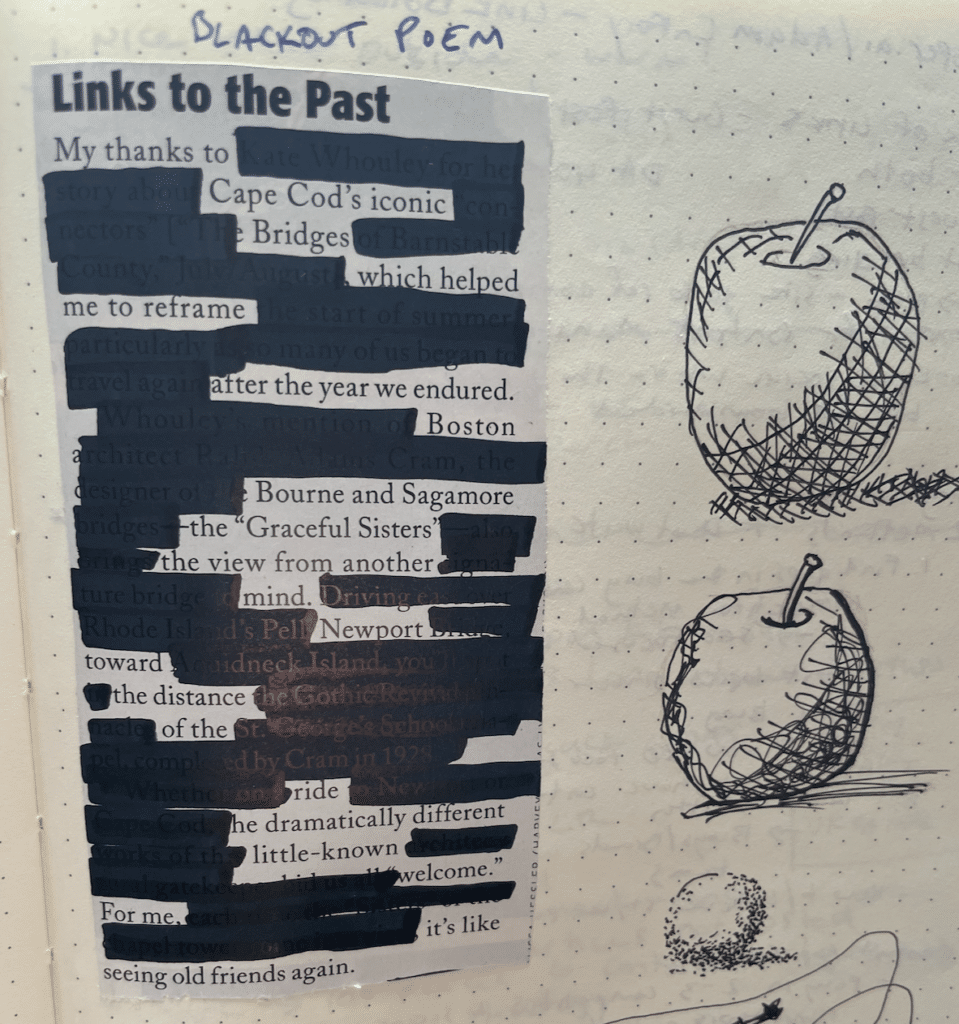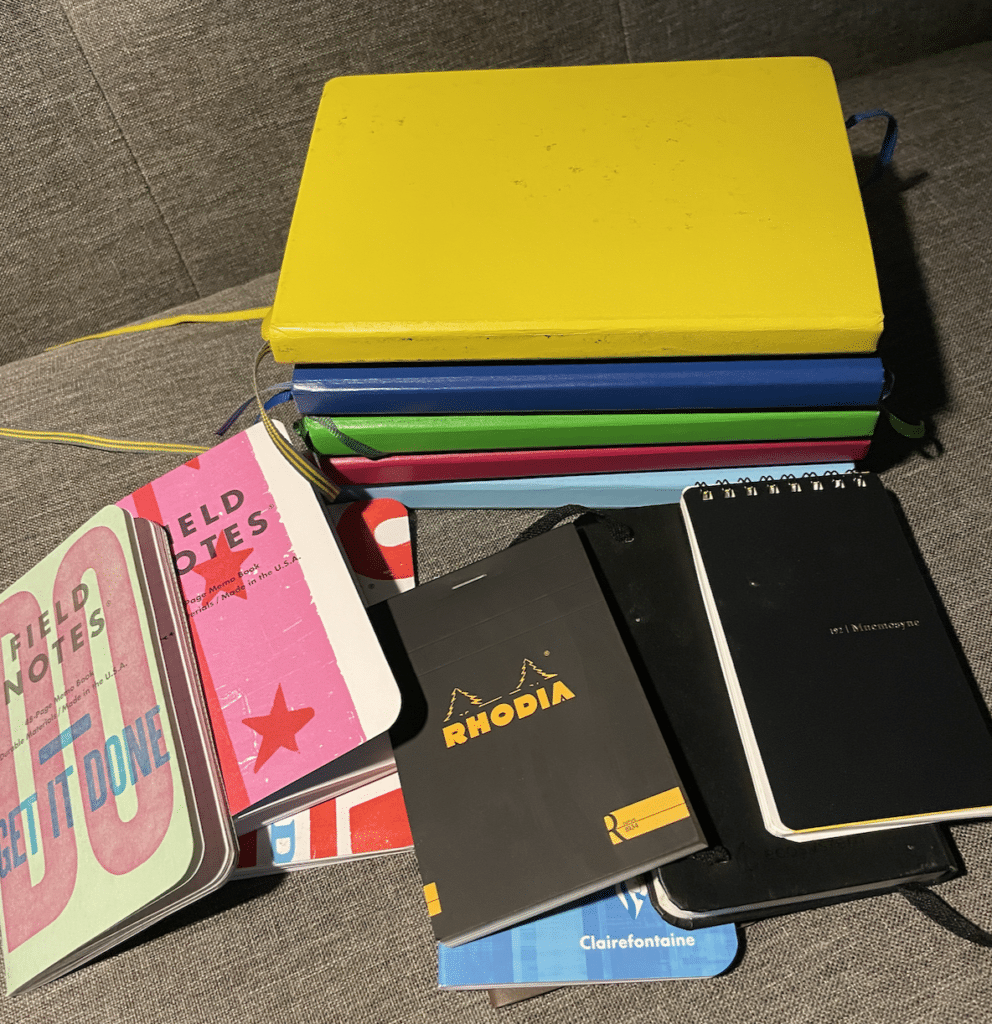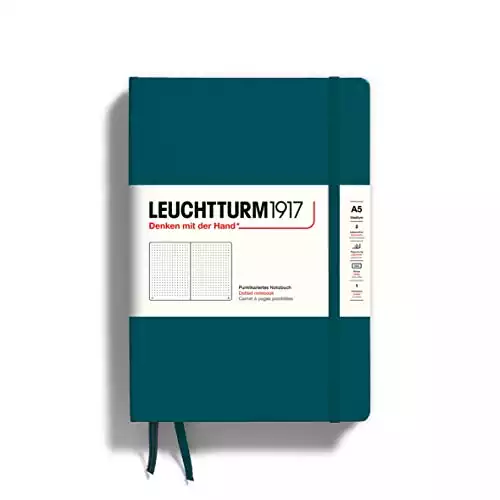Are you looking for a way to improve your mental health, enhance your creativity, or set and achieve goals? If so, then maybe it’s time to start keeping a journal! In this article, we’ll explore various benefits of journaling, how to choose the right journal for you, and tips for establishing a journaling routine that works for your lifestyle. So grab a pen and let’s get started!
The Benefits of Keeping a Journal
Journaling is a practice that has been around for centuries and has been used by many people to improve their mental health, enhance their creativity, improve their memory and learning abilities, set and achieve goals, and strengthen their emotional intelligence. In this article, we will delve deeper into the benefits of keeping a journal and how it can help you in your personal and professional life.
Boosting Mental Health
Journaling can be a therapeutic way to release your thoughts and emotions that may have been bottled up. Writing down your problems or any unresolved conflicts can help put them in perspective and even minimize their negative effects on your well-being. Studies have shown that journaling can lower anxiety, improve sleep, and even reduce symptoms of depression and post-traumatic stress disorder.
Furthermore, journaling can help you identify negative thought patterns and behaviors that may be holding you back. By recognizing these patterns, you can work on changing them and improving your mental health.
Enhancing Creativity and Self-Expression
If you’re someone who regularly practices creative writing, journaling can be a great way to keep your ideas fresh and flowing. A journal can be a space where you can experiment with new writing styles, explore new creative concepts, and finally take risks with your writing. You can also use your journal to write about personal experiences, which can elevate your writing and help you connect emotionally with your readers.

Additionally, journaling can help you express yourself in a way that you may not be able to do verbally. By writing down your thoughts and feelings, you can gain a deeper understanding of yourself and your emotions.
Improving Memory and Learning
Writing things down can help you retain information better, and a journal can be the perfect tool for doing so. It can be useful for taking notes, keeping lists, and even studying. When you write things down in a journal, your mind becomes more active in processing the information and subsequently making it easier to recall in the future.
Journaling can help you reflect on what you have learned and how you have grown over time. By reviewing your journal entries, you can see how far you have come and what you need to work on.
Setting and Achieving Goals
A journal can serve as a roadmap to your personal aspirations and resolutions. Writing down specific, measurable, attainable, relevant, and timely (SMART) goals can help you identify what needs to be done, and what steps to take to achieve those goals. You can track your progress and adjust your plan accordingly. It’s a great way to keep yourself accountable and motivated while also celebrating your successes.
Moreover, journaling can help you overcome obstacles that may be preventing you from achieving your goals. By identifying these obstacles, you can come up with a plan to overcome them and move forward.
Strengthening Emotional Intelligence
Journaling can help you become more self-aware and emotionally intelligent. Noting how you feel in specific situations and what triggers your emotions can give you a better understanding of yourself and what you may need to work on. It can also help you develop empathy for others by reflecting on their feelings and experiences.
Additionally, starting a journal can help you manage your emotions better. By writing down your thoughts and feelings, you can gain a sense of control over them and prevent them from overwhelming you.
Journaling is a powerful tool that can help you in many aspects of your life. Whether you’re looking to improve your mental health, enhance your creativity, improve your memory and learning abilities, set and achieve goals, or strengthen your emotional intelligence, journaling can help you build new habits.
Choosing the Right Journal for You
Journaling has become increasingly popular over the years, with many people using it as a way to improve their mental health and reflect on their daily lives. However, with so many different types of journals available, it can be challenging to know where to start. In this article, we will explore some of the factors to consider when choosing the right journal for you.

Types of Journals
As mentioned, there are many different types of journals and notebooks to choose from. While there is no right or wrong type of journal, it helps to consider your purpose for journaling. Some common types of journals include:
- Bullet Journal: A customizable journal consisting of bullet points and symbols designed to track habits, goals, and appointments. A bullet journal can be particularly useful for people who like to stay organized and on top of their daily tasks.
- Gratitude Journal: A journal designed explicitly around reflecting on the positive aspects of life and expressing gratitude. This type of journal can be beneficial for people who struggle with anxiety or depression, as it helps to shift their focus to the good things in life.
- Travel Journal: A journal used to document experiences while on vacation or traveling. This type of journal can be a great way to preserve memories and reflect on your adventures.
- Therapeutic Journal: A journal designed to help people work through emotional issues, reflect on personal experiences, and promote personal growth. This type of journal can be particularly helpful for people who are going through a difficult time and need an outlet to express their feelings.
This is my notebook of choice. I love my 1917 and have been using them for years.
Digital vs. Physical Journals
Another factor to consider is whether to use a digital or physical journal. While digital journals can be more convenient and organized, there’s something special about the physical pen-and-paper journal. The physical act of writing with a pen or pencil has been shown to enhance memory retention and can be less jarring than the blue light from a screen. Consider finding a journal that has both a physical form and the ability to be digitized, so you can have the best of both worlds.
Selecting the Perfect Size and Style
Finally, consider the size and style of your journal. If you’re someone who likes to write a lot, pick a size that suits your needs. On the other hand, if you’re shy around others or prefer something more personal, choose a simple journal that lets you express your thoughts without any distractions. It can also help if you pick an aesthetically appealing journal that you enjoy looking at and holding in your hands. This makes it more attractive to use your journal regularly, and can even become a cherished possession over time.
Ultimately, the most important thing is to choose a journal that feels right for you. Whether you opt for a bullet journal, gratitude journal, travel journal, therapeutic journal, or something else entirely, the act of journaling can be a powerful tool for self-reflection and personal growth.
Download this cheatsheet and get expert solutions for the 13 most common pen problems.
Get The FREE CheatsheetStart a Journaling Routine
Journaling is a fantastic way to reflect on your thoughts and feelings, and establish a deeper connection with yourself. It can help you gain clarity on your goals, process difficult emotions, and keep track of your personal growth over time. If you’re new to journaling, it can be challenging to get started. But with a few simple tips and tricks, you can start a journal and establish a writing routine that works for you and reap the many benefits of this powerful practice.
Finding Your Ideal Time to Write
One of the most important aspects of establishing a journaling routine is finding the ideal time to write. This will depend on your personal schedule and preferences. Some people prefer to write in the morning, as a way to start their day with intention and clarity. Others enjoy the quiet of night-time writing, when the distractions of the day have faded away. Experiment with different times of day until you find what works best for you.
Another factor to consider is the length of time you have available. If you have a busy schedule, you may need to carve out a specific time each day to dedicate to journaling. If you have more flexibility, you can choose to write whenever you have a spare moment. The important thing is to find a routine that works for you and stick to it.
Setting Realistic Expectations
When you start a journal, it’s easy to get caught up in writing lengthy responses every day. But this can ultimately burn you out! It’s important to work on self-discipline and keep your writing routine simple and enjoyable. Start by writing for just five or ten minutes every day and build up to more over time as your interest and enthusiasm grow.
Remember, journaling is a personal practice, and there’s no right or wrong way to do it. Some days you may feel inspired to write several pages, while other days you may only write a few sentences. The important thing is to show up consistently and make journaling a part of your daily routine.
Creating a Comfortable Writing Space
If you’re going to be spending time writing, you might as well be comfortable and make it a pleasant experience. Create a work environment that you enjoy being in. This could mean setting up a cozy corner in your bedroom or living room, or creating a dedicated writing space in your home office.
You can also add some decorations or scents that help you relax and focus. Some people like to light candles or incense, while others prefer to diffuse essential oils. Whatever helps you create a calm and inviting atmosphere, go for it!
Staying Consistent and Motivated
Finally, if you’re serious about journaling, it’s important to stay consistent and motivated. Reward yourself for journaling every day, whether that means taking a walk, eating some chocolate, or enjoying an episode of your favorite TV show. It’s essential to celebrate the journey and not just the destination.
It’s okay if you miss a few days of writing here and there, as long as you get back on track. Remember, journaling is a personal practice, and there’s no right or wrong way to do it. Don’t get too caught up in it being perfect, and enjoy the process of self-discovery and growth.
Conclusion
Journaling can be an incredibly versatile tool to achieve personal growth, express yourself, and track progress and achieve your goals. So when it comes time to start a journal, choosing the right notebook, establishing a routine, and staying consistent is essential if you want the best results. Remember, keep things simple and enjoyable, and the results will speak for themselves.
Liz
Hey, I'm Liz. I'm the founder of this thing. Pen-obsessed and a notebook nut, I love writing by hand. So I'm gonna talk about it on a computer.Download this cheatsheet and get expert solutions for the 13 most common pen problems.
Get The FREE Cheatsheet
